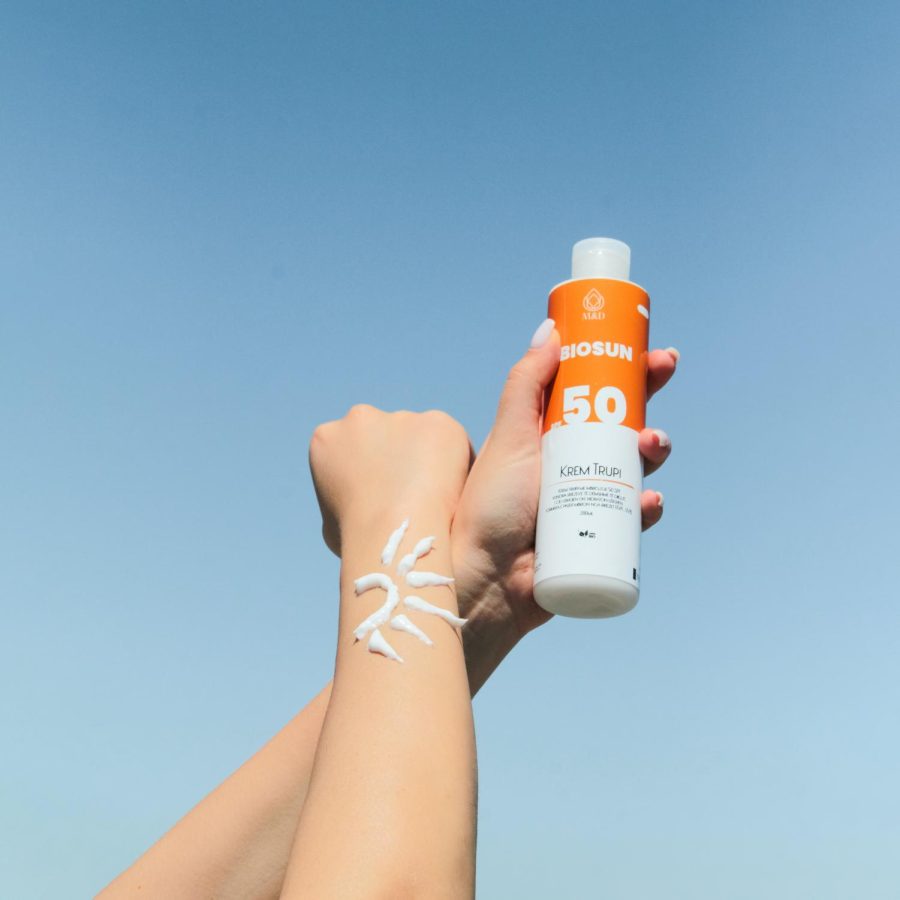Summer Safety Guide
June 8, 2023
Summer safety is an important thing everyone should be thinking about as the school year gets closer to an end. Some examples of summer safety include taking the right precautions in the sun, staying hydrated, knowing how to play safe in the water, and avoiding dangerous interactions.
While something so simple as playing a sport outside can lead to sunburn. Make sure to stay safe by applying a high SPF sunscreen to your whole body to protect against the sun.
“Since I play lacrosse in the summer, I put sunscreen on my whole body. I use a 40 SPF spray sunscreen on my body and a 40 SPF lotion sunscreen on my face and shoulders,” said junior Emma H.
Even when protecting against the sun, there are dangerous chemicals that could be harmful to the skin so in order to stay safe, being aware of skin type and what products are best is important.
“I like the baby products because they don’t have as many chemicals in them and they work just as well,” said health teacher Catherine Bongo-Liselli
The effects of not using sunscreen are severe and it is always better to be safe rather than sorry.
“I only use SPF 50 and up because someone very close to me suffered from skin cancer due to not using sunscreen,” said junior Stephen F.
Staying hydrated on a hot summer day is crucial in keeping the body safe. Becoming dehydrated can lead to passing out or in severe cases, a hospital visit because it can cause problems with blood pressure, heart rate, and body temperature.
“While spending time outside on a hot day I like to drink ice water from my metal water bottle. This way my water stays cold and I won’t become dehydrated or overheat,” said junior Anthony K.
While being a lifeguard seems like a simple job where one sits on a stand and watches people swim, there is much more responsibility. Lifeguards are in charge of the lives of every person in the pool and have to pay attention at all times. If ever swimming alone, know the steps to provide security in an empty pool.
“Becoming a lifeguard comes with a rigorous process of physical training and learning procedures. While I don’t recommend ever swimming alone if you are ever stuck in a pool alone, float on your back and take long slow breaths to preserve your energy, you also want to stay calm and wait for someone else to come,” said junior Charlie K.
Even with many lifeguards around, the ocean can still be dangerous. Make sure to keep up with news reports and watch the flag colors as they are not just suggestions and could present a very dangerous position if crossed.
“I check online to see if there were any recent shark attacks that could possibly get to me and I pay attention to the flags that are put out. I also always make sure I have a friend with me in the water,” said junior Drew N.
Taking these safety tips into account can help make for a fun-filled summer without harm.🔳




